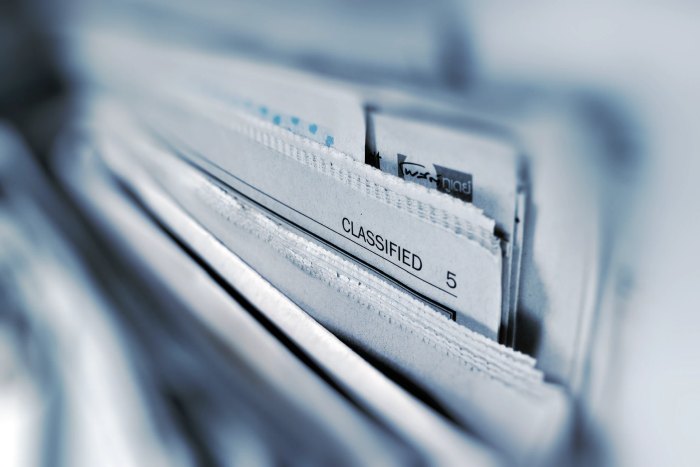
The new study “The Accountability and Transparency of Whistleblowing Platforms Issues of Networked Journalism and Contested Boundaries” by Colin Porlezza of City, University of London and Philip di Salvo of Università della Svizzera italiana looks at how whistleblowing platforms understand accountability and transparency.
Four platforms are analyzed: Magyarleaks from Hungary, Publeaks from Netherlands, Irpileaks from Italy, and Briefkasten from Germany. The issue of accountability and transparency is looked at based on how they handle source material and how they manage criticism.
The authors first conducted a document analysis on the platforms, focusing on their publicly accessible materials, Second, they conducted interviews with people from the platforms (n=4) and analyzed the interviews.
Varying levels of transparency
When it comes to actor transparency, all platforms were clear about their staffing, aims, and how their encrypted submission system works. When it comes to funding, Irpileaks, Publeaks and Magyarleaks publish complete information on their funding, but Briefkasten does not.
Magyarleaks performed best when it comes to actor transparency. Their increased sensitivity to transparency might be due to the challenging current situation for media in Hungary.
In regard to product transparency: ethics code, presentation of media partners and verification process, the situation was reversed. Briefkasten had a formal ethics code, the same as in the rest of Die Zeit. When it comes to verification, Publeaks denied any responsibility, while the rest three rest applied journalistic standards.
Accountability is defined by almost all through reliability in security an privacy, with Briefkasten emphasizing technical safety and open source, transparent nature of the software, Irpileaks emphasized their journalistic production ethical standards in reliability. The authors state that this means that the professionalism of a whistleblowing platform depends on the closeness to actors in journalistic field.
Part of the journalistic field or not?
In conclusion, as Wikileaks’ poor responses to outside criticism show, whistleblowing platforms need to champion their accountability and consider the public as a key stakeholder.
The key variable in their transparency appears to be whether they see themselves as part of the journalistic field or not – with responsiveness, empathy, and participatory nature increasing with orientation to journalism. When it comes to professionalism, one other variable is at play: the ability to secure the anonymity and security of the whistleblowers.
The article “The Accountability and Transparency of Whistleblowing Platforms Issues of Networked Journalism and Contested Boundaries” by Colin Porlezza and Philip di Salvo is in Journalism Studies (free abstract).
Picture: Classified newspaper page by AbsolutVision, license Unsplash